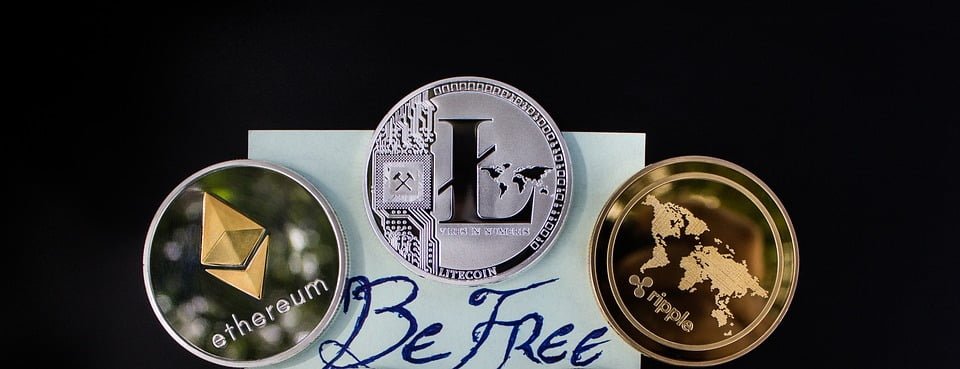The evolution of technology has brought about a shift towards decentralization in various aspects of our lives. From finance to communication, decentralized apps (DApps) are changing the way we interact with the digital world. These applications are built on blockchain technology, which enables peer-to-peer transactions without the need for a centralized authority.
Decentralized apps offer a range of benefits that traditional apps cannot match. They provide increased security, transparency, and immutability. Because they are not controlled by a single entity, DApps are resistant to censorship and hacking, making them a more secure option for users. Additionally, the decentralized nature of these apps means that they are not dependent on a single server, reducing the risk of system failures.
One of the key strengths of decentralized apps is their ability to enable trustless transactions. With traditional apps, users must rely on a third party to facilitate transactions and ensure their security. However, with DApps, transactions are verified by the blockchain network, eliminating the need for a middleman. This not only reduces transaction costs but also speeds up the process, making DApps an attractive option for users who value efficiency and security.
Decentralized apps have the potential to revolutionize industries beyond finance. They can be used in healthcare, supply chain management, voting systems, and more. For example, DApps could be used to securely store and share medical records, ensuring patient privacy and security. In supply chain management, DApps could track the movement of goods from manufacturer to consumer, reducing the risk of fraud and counterfeit products.
The rise of decentralized apps is part of a broader movement towards decentralization in the digital age. As concerns about data privacy and security continue to grow, DApps offer a viable solution for users looking to take back control of their digital identities. By leveraging blockchain technology, DApps empower users to interact with the digital world in a more secure and transparent manner.
In conclusion, decentralized apps represent a powerful tool for individuals and businesses looking to navigate the complexities of the digital age. With their secure, transparent, and efficient capabilities, DApps have the potential to revolutionize how we interact with technology. As we continue to explore the power of decentralized apps, we can expect to see a shift towards a more decentralized and user-centric digital ecosystem.









